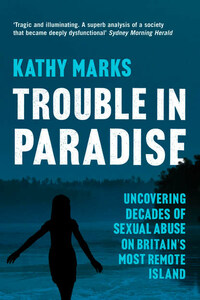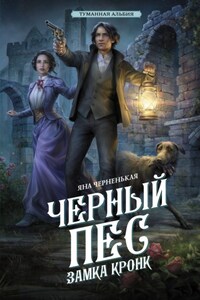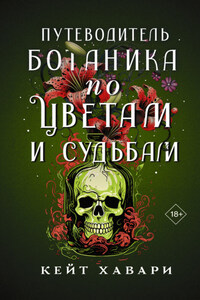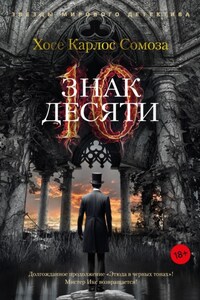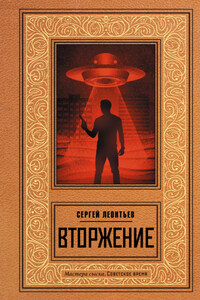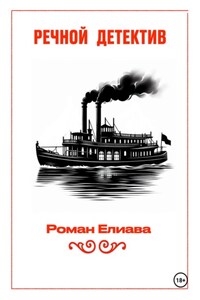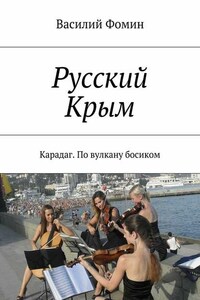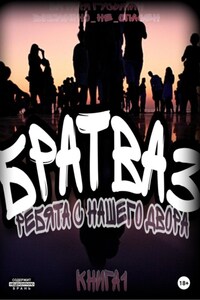Historical figures
Edward Christian (Fletcherâs brother)
Edward Young (mutineer)
Fletcher Christian (mutineer)
Harry Christian (hanged in 1898 for murder of wife and baby)
John Adams (mutineer and community leader)
Maimiti (Fletcher Christianâs Tahitian âwifeâ)
Matthew Quintal (mutineer)
Peter Heywood (mutineer court-martialled then pardoned)
William Bligh (captain of Bounty)
William McCoy (mutineer)
Media
Claire Harvey (The Australian; The Times)
Ewart Barnsley (Television New Zealand)
Kathy Marks (The Independent; New Zealand Herald)
Neil Tweedie (The Daily Telegraph; Press Association)
Sue Ingram (Radio New Zealand)
Zane Willis (TVNZ)
Officials and diplomats
Baroness Patricia Scotland (Former Overseas Territories Minister)
George Fergusson (Governor at time of writing)
Grant Pritchard (former Governorâs Representative)
Harry Maude (British colonial official in 1940s)
Jenny Lock (former Governorâs Representative)
Karen Wolstenholme (former Deputy Governor)
Leon Salt (former Commissioner)
Leslie Jaques (Commissioner at time of writing)
Martin Williams (former Governor)
Matthew Forbes (former Deputy Governor)
Richard Fell (former Governor)
Police and legal personnel
Adrian Cook QC (defence)
Allan Roberts (defence)
Charles Blackie (Chief Justice)
Charles Cato (defence)
Christine Gordon (prosecution)
Christopher Harder (former barrister)
Dennis McGookin (Kent Police)
Fletcher Pilditch (prosecution)
Gail Cox (Kent Police)
Graham Ford (court registrar)
Grant Illingworth QC (defence)
Gray Cameron (magistrate)
Jane Lovell-Smith (judge)
Karen Vaughan (New Zealand Police)
Kieran Raftery (prosecution)
Lord Hoffman (Privy Council)
Max Davidson (Kent Police)
Paul Dacre (defence)
Peter George (Kent Police)
Robert Vinson (Kent Police)
Russell Johnson (judge)
Simon Moore (prosecution)
Simon Mount (prosecution)
Vinny Reid (British Military Police)
Teachers and Church figures
Albert and Jane Moverley (teachers)
Albert Reeves (teacher; charged with indecent assault and rape)
Allen Cox (teacher)
Barrie Baronian (teacher)
Hannah Carnihan (teacherâs daughter)
Lyle Burgoyne (lay pastor and nurse)
Neville Tosen (pastor)
Pippa Foley (teacher)
Ray Coombe (pastor)
Rick Ferret (pastor)
Roy Sanders (teacher)
Sheils Carnihan (teacher)
Tony Washington (teacher)
Victims (pseudonyms)
Belinda
Carla
Caroline
Catherine
Charlotte
Elizabeth
Fiona
Gillian
Isobel
Janet
Jeanie
Jennifer
Judith
Karen
Linda
Marion
Susan
Suzie
Various
Bill and Catherine Haigh (communications expert and his wife)
Caroline Alexander (historian)
Dea Birkett (author of Serpent in Paradise)
Herb Ford (California-based director of Pitcairn Islands Study Center)
Maurice Allward (friend of Pitcairn Island)
Maurice Bligh (descendant of William Bligh)
Nigel Jolly (skipper of the Braveheart)
Ricky Quinn (step-grandson of Terry Young)
Pitcairn Island, a British outpost floating in a remote corner of the South Pacific, was until recently considered a tropical paradise. Seldom visited, it is a place of extreme isolation, with no airstrip and limited sea access. The rocky outcrop is inhabited by about 50 people, most of them descended from Fletcher Christian and his fellow Bounty mutineers.
The sailors fled to the island to evade British law, but for the next two centuries Pitcairn was, to all appearances, trouble-freeâstabilised by religion, with negligible crime, and largely capable of running its own affairs. Just before the dawn of the new millennium, that perception was turned on its head.
In December 1999 several Pitcairn girls claimed that they had been sexually assaulted by a visiting New Zealander. By chance, a British policewoman was on the island, and one of the girls confided that she had also been raped by two local men in the past. An investigation into those allegations developed into a major inquiry that saw British detectives criss-cross the globe, interviewing dozens of Pitcairn women. Their conclusion was that nearly every girl growing up on the island in the last 40 years had been abused, and nearly every man had been an offender.
